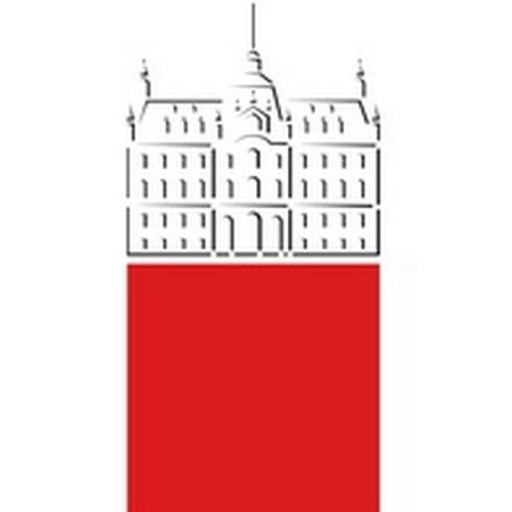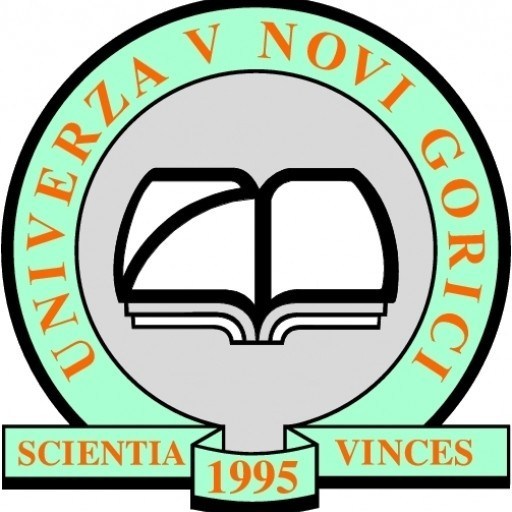Economics at the University of Ljubljana offers a comprehensive and rigorous academic program designed to equip students with a deep understanding of economic theories, principles, and practices. The program combines theoretical knowledge with practical applications, enabling graduates to analyze complex economic issues, formulate evidence-based solutions, and adapt to the dynamic global economic environment. Students will explore core areas such as microeconomics, macroeconomics, econometrics, public economics, and international economics, gaining insights into how economies function at both national and international levels. The curriculum emphasizes critical thinking, quantitative analysis, and problem-solving skills, preparing students for careers in business, finance, government, international organizations, and research institutions. Through a variety of lectures, seminars, case studies, and project work, students will develop a solid foundation in economic modeling, data analysis, and policy evaluation. The program also offers opportunities for specialization in different fields of economics, allowing students to tailor their studies according to personal interests and career goals. Additionally, students benefit from collaboration with faculty members engaged in active research, providing an enriching academic environment. The university emphasizes internationalization, offering exchange programs, internships, and collaboration with global partners to broaden students' perspectives and enhance their employability. Graduates of the Economics program will possess the analytical skills, theoretical knowledge, and practical experiences necessary to succeed in diverse professional settings. They will be well-prepared to contribute to solving economic challenges, support sustainable development, and foster economic growth in a competitive global economy. The program's multidisciplinary approach and strong emphasis on ethical considerations make it a leading choice for aspiring economists seeking a high-quality education rooted in a renowned academic tradition.
The Economics program at the University of Ljubljana offers students a comprehensive education in economic theory, quantitative methods, and practical management skills essential for understanding and analyzing economic phenomena at both national and international levels. The curriculum is designed to provide a solid foundation in microeconomics, macroeconomics, and econometrics, enabling graduates to interpret complex economic data, develop sound economic policies, and make informed business decisions. Throughout the program, students engage with a wide range of subjects including financial economics, public economics, development economics, and international trade, ensuring a broad and versatile knowledge base. The program also emphasizes the importance of research skills, critical thinking, and ethical considerations in economic analysis. Students have opportunities to participate in internships and collaborative projects with industry leaders, fostering practical experience and professional networking. The program is structured to accommodate the evolving needs of the global economy, preparing graduates for careers in academia, government, international organizations, financial institutions, and the private sector. Additionally, the program offers specialized electives and international exchange opportunities, allowing students to gain global perspectives and enhance their intercultural competence. By the conclusion of their studies, students will have developed the analytical skills to assess economic challenges, formulate strategies, and contribute effectively to economic development and policy-making processes. The Economics program at the University of Ljubljana strives to cultivate innovative thinkers and responsible decision-makers equipped to address the economic issues of the future.
Program requirements for the Bachelor's Degree in Economics at the University of Ljubljana include a combination of foundational and advanced coursework designed to equip students with a comprehensive understanding of economic theories, quantitative methods, and practical applications. Prospective students must have completed a secondary education with emphasis on mathematics and social sciences. Admission requires submitting an application form, academic transcripts, proof of language proficiency in English, and possibly a motivation letter. Students are expected to pass introductory courses in economics, mathematics, and statistics in the first year. The curriculum encompasses core subjects such as microeconomics, macroeconomics, econometrics, and economic policy, along with electives allowing specialization in areas like financial economics, development economics, or public economics. Students must complete a set number of ECTS credits, typically around 180, including coursework, seminars, and group projects. Practical training and internships are encouraged to enhance employability skills. The program also includes assessments through exams, written assignments, presentations, and participation. To graduate, students are required to complete a final thesis demonstrating their ability to conduct independent research on an economic issue. The program is delivered through lectures, tutorials, workshops, and seminars, with some courses offered online. Students are assessed based on their performance in continuous coursework and final examinations. The program aims to prepare graduates for careers in government, business, finance, research institutes, and for further master's studies.
The financing of Economics studies at the University of Ljubljana is primarily supported through a combination of public funding, student scholarships, and personal tuition fees. The program is financed by the Slovenian government, which allocates funds to ensure accessible higher education for both domestic and international students. These public funds are utilized for the development of teaching materials, faculty salaries, research activities, and infrastructure maintenance. Students enrolled in the Economics program can also benefit from various scholarship opportunities provided by the university, the Slovenian government, or the European Union, aimed at reducing the financial burden and encouraging academic excellence.
Tuition fees are a significant component of the program financing, with fees varying depending on the student’s nationality, level of study, and specific courses undertaken. For Slovenian students, tuition fees are generally subsidized, leading to lower costs compared to international students, who may pay higher rates. The university offers different fee structures for undergraduate and postgraduate studies, with additional charges for optional or specialized courses.
Apart from state support and tuition fees, students often finance their studies through part-time employment or private funding sources. The university provides options for students to work on campus or externally, enabling them to manage their expenses alongside their academic commitments. Moreover, the university actively participates in programs that facilitate student mobility and internships, sometimes with financial support, to enhance practical learning while offering supplementary income opportunities.
Funding also includes research grants obtained by faculty members, which indirectly support students by promoting high-quality education and up-to-date curricula. The university occasionally offers special funding programs, including awards and competitions, to motivate students financially to excel in their studies.
Overall, the financing of the Economics program at the University of Ljubljana is a multifaceted system designed to ensure broad accessibility and high-quality education. It balances governmental support, personal financial contribution through tuition fees, and additional sources such as scholarships and part-time work, all aimed at fostering a vibrant academic environment conducive to developing skilled economists.
The Economics undergraduate program at the University of Ljubljana is a comprehensive degree designed to provide students with a solid foundation in economic theories, quantitative methods, and practical skills necessary for understanding and analyzing economic phenomena. The program aims to equip students with critical thinking skills and an understanding of economic policies, market dynamics, and financial systems, preparing them for diverse careers in the public and private sectors, international organizations, and academia.Students enrolled in the program study a variety of subjects, including microeconomics, macroeconomics, econometrics, economic policy, business economics, and international economics. The curriculum combines theoretical knowledge with practical application through case studies, projects, and internships, fostering analytical and decision-making abilities. The program emphasizes the development of quantitative skills, enabling students to conduct econometric analyses and interpret economic data accurately. The University of Ljubljana collaborates closely with economic institutions and offers opportunities for students to engage with real-world economic issues, often through guest lectures, seminars, and research projects facilitated by faculty members who are active researchers in their fields. The program is conducted primarily in English, attracting both domestic and international students, which enriches the educational environment through intercultural exchange and diverse perspectives. Graduates of the program are well-prepared for careers in economic analysis, consultancy, financial institutions, government agencies, or further postgraduate studies. The university provides modern facilities, a rich academic environment, and access to extensive academic resources, including economic databases and research centers. The degree program also encourages students to develop soft skills such as communication, teamwork, and problem-solving, essential for professional success. Overall, the Economics program at the University of Ljubljana offers rigorous academic training combined with practical experience, positioning students for successful careers and ongoing contributions to economic research and policy development.








